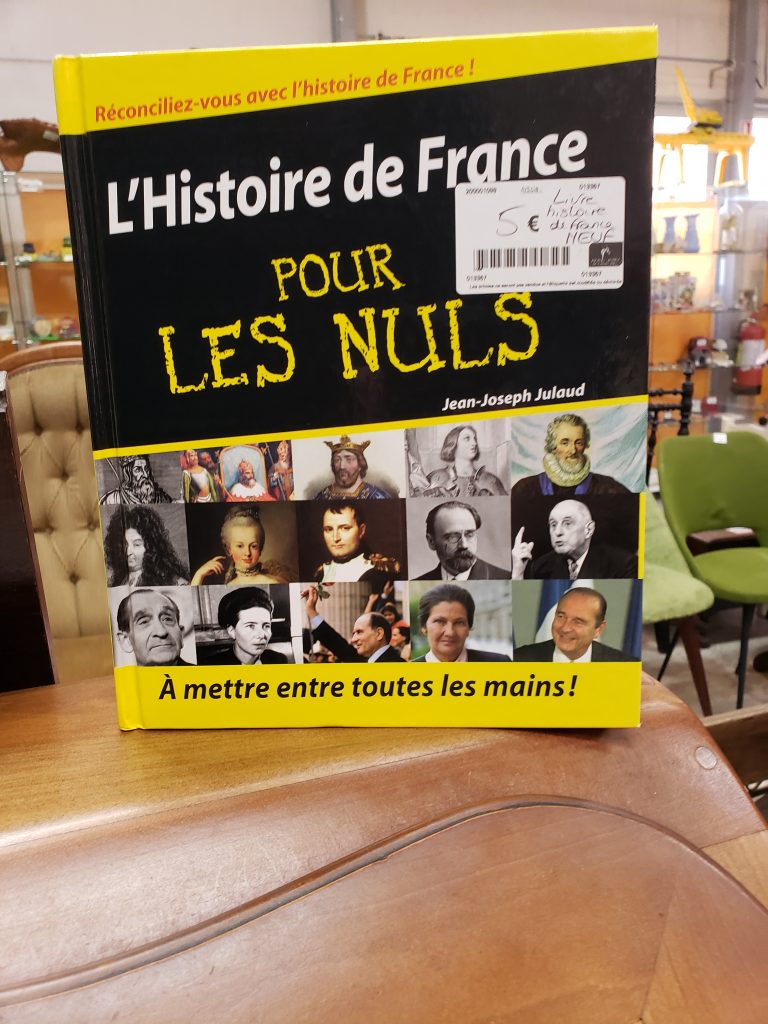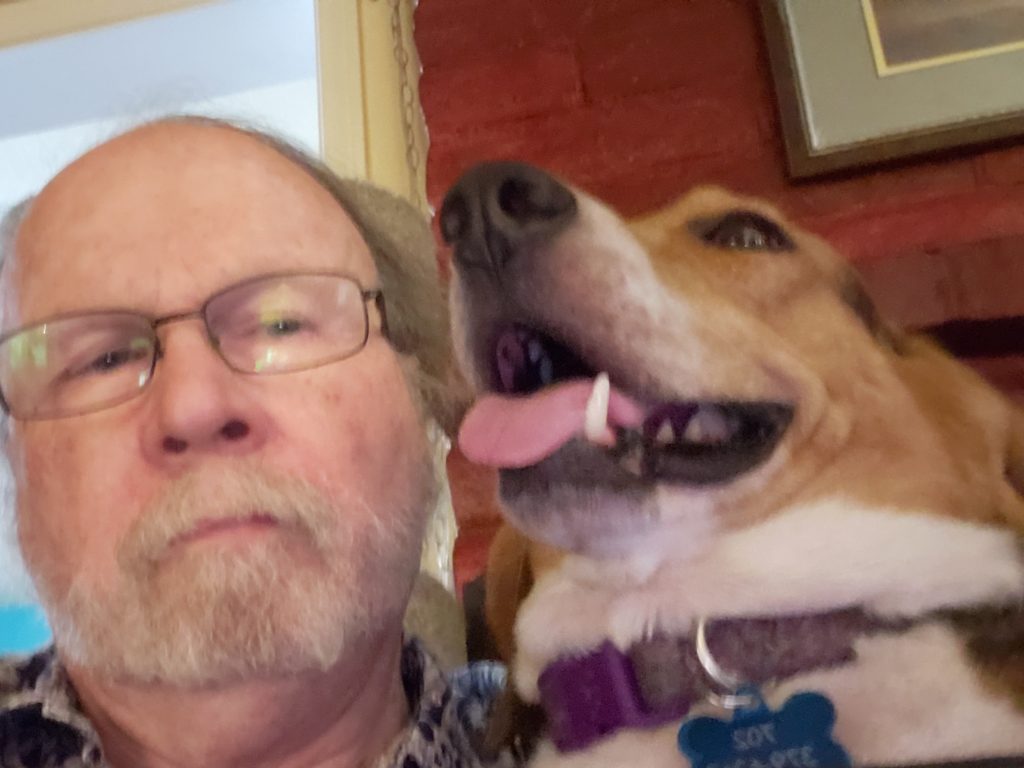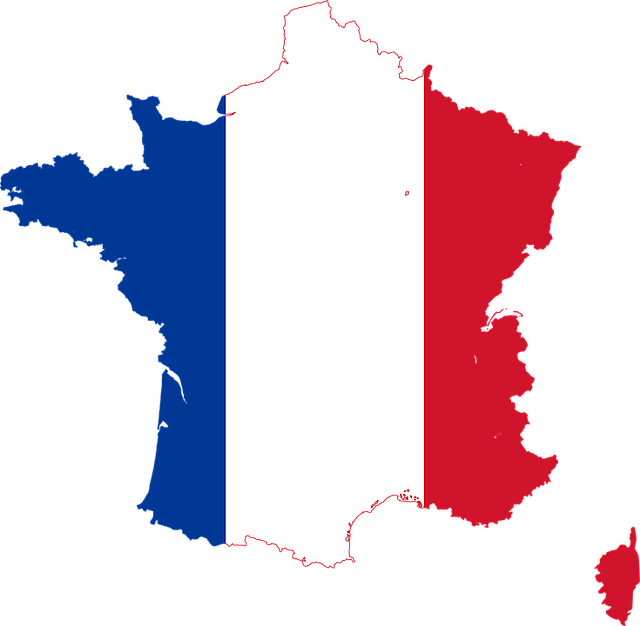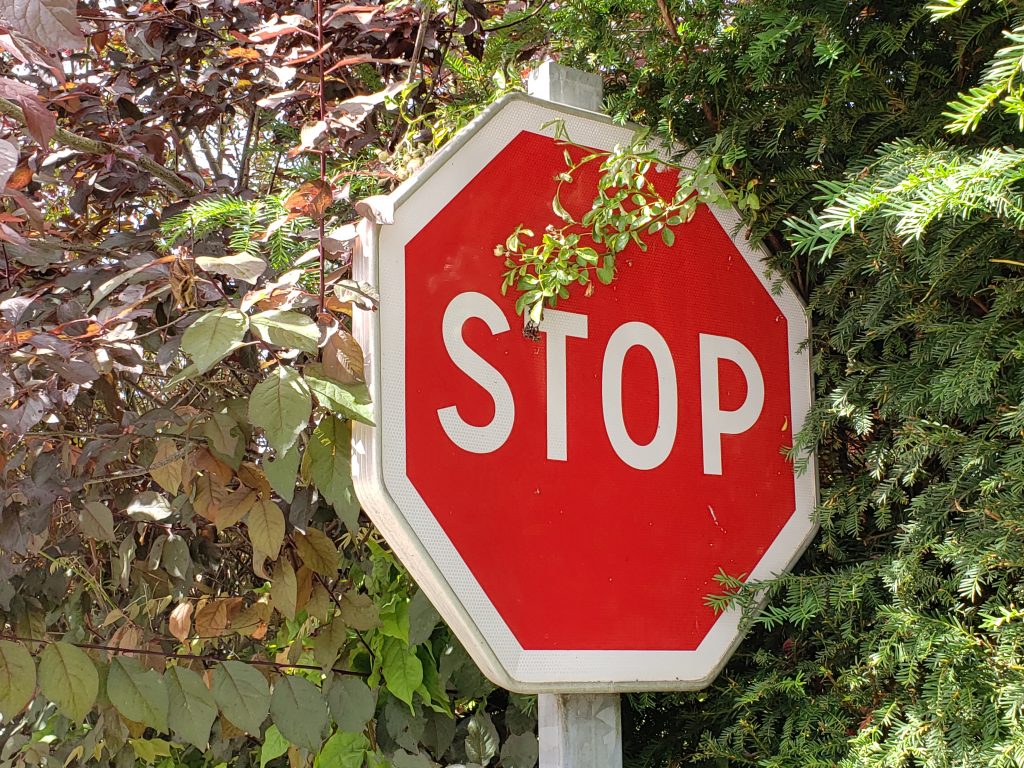
Et, plus important, je comprends le français
Okay, you don’t read French. I get it. But I’m posting this because, and no one is more surprised than I am, I do! And so, in case you’re thinking of learning some French, I’m sharing how I pulled it off.
After my final new lesson in Duolingo, I can report that I studied French on Duolingo for 1524 days. That’s a bit over four years, but that isn’t where I started, and it doesn’t even show the days I didn’t study, not that there were a lot, but some days I just couldn’t hack it. My first exposure was a month-long visit mostly to France in 1976. I learned “Tourist French” along with how to be polite (I’ve posted about being polite in France if you’d like to know.) I knew Spanish (more or less) so it wasn’t entirely unfamiliar. Spanish and French are both based upon Latin, and they do have a lot of words in common. The difference in pronunciation can be extreme. Take bien, which means “fine” in both languages. In Spanish it sounds, reasonably enough, like “bee-ayn”, emphasis on the “ayn.” In French it sounds like “byahn” sort of, emphasis on the “ahn” and spoken as one syllable. Same word exactly. French, as it turns out, isn’t crazy about pronouncing all the letters in a given word. Here’s an excellent example of that for you French students. You know what Je ne sais pas means, right. (It means “I don’t know”.) If you say that in France, you’ll be understood, and you’ll stand out like a sore thumb. What do we (ahem) say in France? It’s sort of Zhay pah or for a more formal setting J’sais pas. Nobody ever says ne out loud. In writing, well, you’d better spell it right or the ghost of Cardinal Richlieu will haunt you. Or something.
My first lessons in French after we decided to move here were in a series of audiobooks, formerly CDs, from Paul Noble, titled (you’d never guess) Learn French with Paul Noble. Mr. Noble loves language, and he makes it easy to pick up the rudiments of a new one. He teaches a bunch of languages, and in that teaching explains what nouns, verbs, and other parts of speech really are. Want a quick example? Take nouns. If you can say “that is my (his, hers, theirs) _______________. It’s a noun. Those types of nouns your English teacher was so keen on just don’t matter, because in a sentence a noun is a noun. Verbs. If you can say I, you, he, she, it, they are _____________________ (some act or other) it’s a verb. Transitive, intransitive, who cares? A verb is a verb. He even explains pronouns, right down to why they are called “pro”. I found his teaching to be a great background in the basics of French, so that when I switched to Duolingo (where I once completed the Spanish course) it was a lot easier to get along.
Some people don’t care for Duolingo, but for me it worked wonderfully. It is free with ads, but after about a year I signed up for the pay version because I wanted to help keep it free for those who can’t afford it. Using “Super Duolingo” does give you some advantages in the games included with the app, although with enough determination you could dominate with the free version, too. Duolingo has cartoonish characters that weave in and out of the learning, and of course a green owl. I do recommend trying the app in the free version (free, for real) and if you like it, maybe buy up to unlimited hearts. (Once you see it you’ll get that.)
And of course I visited France several times since 1976. I’ve been up the Eifel tower twice, eaten the blandest Mexican food imaginable, toured the Louvre several times (Mona Lisa isn’t worth it, but the rest of the place is fantastic,) watched the world from Montmartre, been through other museums, and Notre Dame (we walked across the plaza two days before it burned.) I’ve also seen Cannes, Nice, Saint Tropez, Bordeaux, Rennes, Poitiers, some lovely castles, a bunch of cathedrals including the one in Orleans, and lots of French countryside and small towns and villages. We liked it well enough to move here, and I’m glad we did.
So if you plan to move to France, or study in France, or just to study French because you like distorting your mouth a lot 🙂 this is the story of how I came to be basically literate in French. 1524 days with a green owl? Totally worth it!





